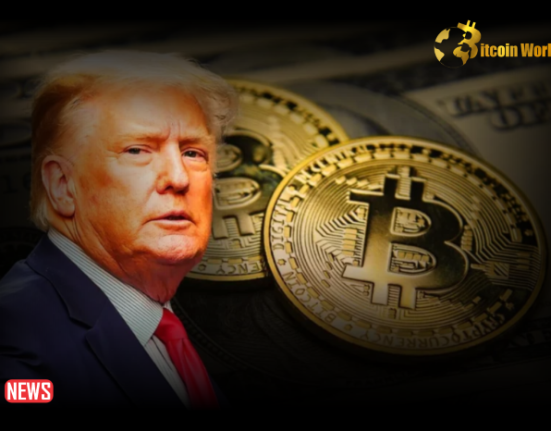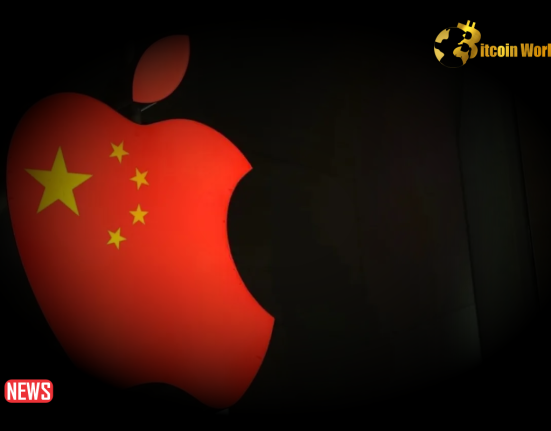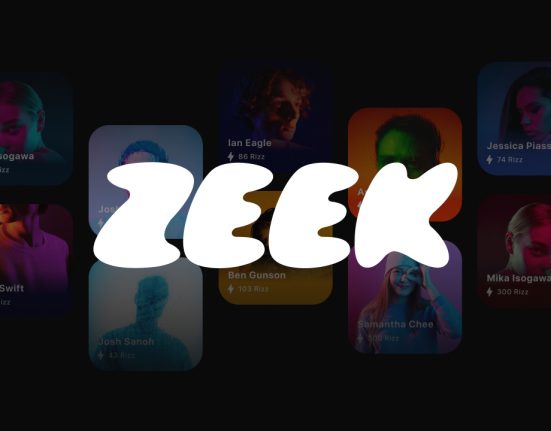China’s pioneering strides in merging technology and governance have led to a new controversial development, as reports emerge about its intentions to introduce a system resembling its renowned social credit system into the virtual realm, including the metaverse and online virtual worlds.
A recent article by POLITICO on August 20 unveiled China Mobile’s proposal to implement a digital identification system for all users within the metaverse and online virtual worlds. The concept hinges on “natural characteristics” and “social characteristics” to create a comprehensive digital identity (ID) for users. The proposed ID would store personal information and identifiable features, including occupation, to maintain order and safety in the virtual environment.
This proposed system offers authorities a tool to quickly identify and take action against problematic users, including those who spread rumors or create chaos within the metaverse. Law enforcement could promptly locate and penalize offenders by integrating personal data into a single digital ID, effectively shaping behavior in virtual spaces.
Analogous to China’s existing social credit system, this initiative aims to score and rank citizens based on various metrics to improve behavior. The proposal echoes enforcement methods to restrict social offenders’ access to transportation services in this context. For instance, individuals deemed social offenders were barred from purchasing plane and train tickets in millions of examples.
In July, China Mobile presented its ideas during discussions with the Metaverse focus group organized by the International Telecommunication Union (ITU), a United Nations communications technology agency. The focus group reconvenes in October, where these proposals could be voted upon, potentially influencing global standards for metaverse services.
China’s active participation in the focus group reportedly involves submitting numerous proposals related to the metaverse, outpacing contributions from the United States and Europe. Observers suggest that China’s strategic approach establishes its recommendations as the benchmark for metaverse standards should its use become widespread.
However, this initiative has ignited concerns among global stakeholders. One commentator questioned the implications of a metaverse where Chinese authorities dictate and oversee identity protocols. The thought of such immersive worlds being controlled by an external power has prompted governments worldwide to reflect on the type of virtual reality they wish to endorse.
As the world grapples with the convergence of technology and governance, the influence of China’s innovative proposals on the metaverse will undoubtedly stimulate global discussions on individual rights, privacy, and the ethical framework governing digital realms.














